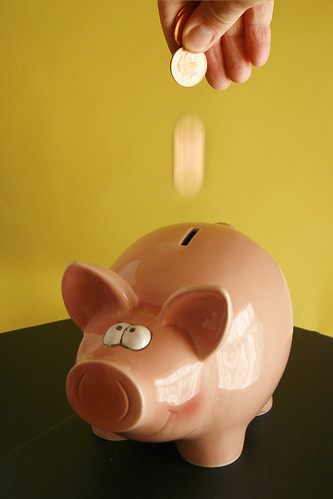Are you considering using your 401(k) to pay off credit card debt? While some financial experts may suggest this as a solution, it is not always the best option. In many cases, using your retirement savings to pay off credit card debt can have negative consequences and end up depriving future you of the funds you will need for basic living expenses after retirement.
Is it a good idea to use your 401(k) to pay credit card debt?
Your 401(k) contains the money that you will need in order to live after retirement.
Instead, bankruptcy may be a better, cheaper solution for those who cannot afford to pay back their debts. In New Jersey, bankruptcy laws allow individuals to keep their 401(k) money untouched throughout the process. This means that, with the help of a bankruptcy attorney, you can achieve debt relief and protect your retirement savings at the same time.
It is important to carefully consider your financial situation and weigh the costs and benefits of each option before making a decision. Dipping into your 401(k) may seem like a quick fix, but it can have long-term consequences. Bankruptcy, on the other hand, is a solution proposed by Federal law for individuals who cannot afford to pay back their debts.
In conclusion, if you are struggling with credit card debt, it is best to consider bankruptcy as a solution before using your 401(k) to pay off your debts. With the help of a bankruptcy attorney, you can achieve debt relief, protect your retirement savings, and start fresh towards a financially stable future.
Not sure if bankruptcy is right for you? Well, it’s not right for everyone, but it’s a great solution for a lot of people. Schedule a free telephone appointment to discuss your unique debt situation with attorney Jennifer Weil at my Setmore page.


![Reblog this post [with Zemanta]](https://img.zemanta.com/reblog_e.png?x-id=c6a2988b-4210-4042-a89d-9dd0eeb1542e)


![Reblog this post [with Zemanta]](https://img.zemanta.com/reblog_e.png?x-id=2b66a748-4e2a-416c-8b49-e6501f65939d)
